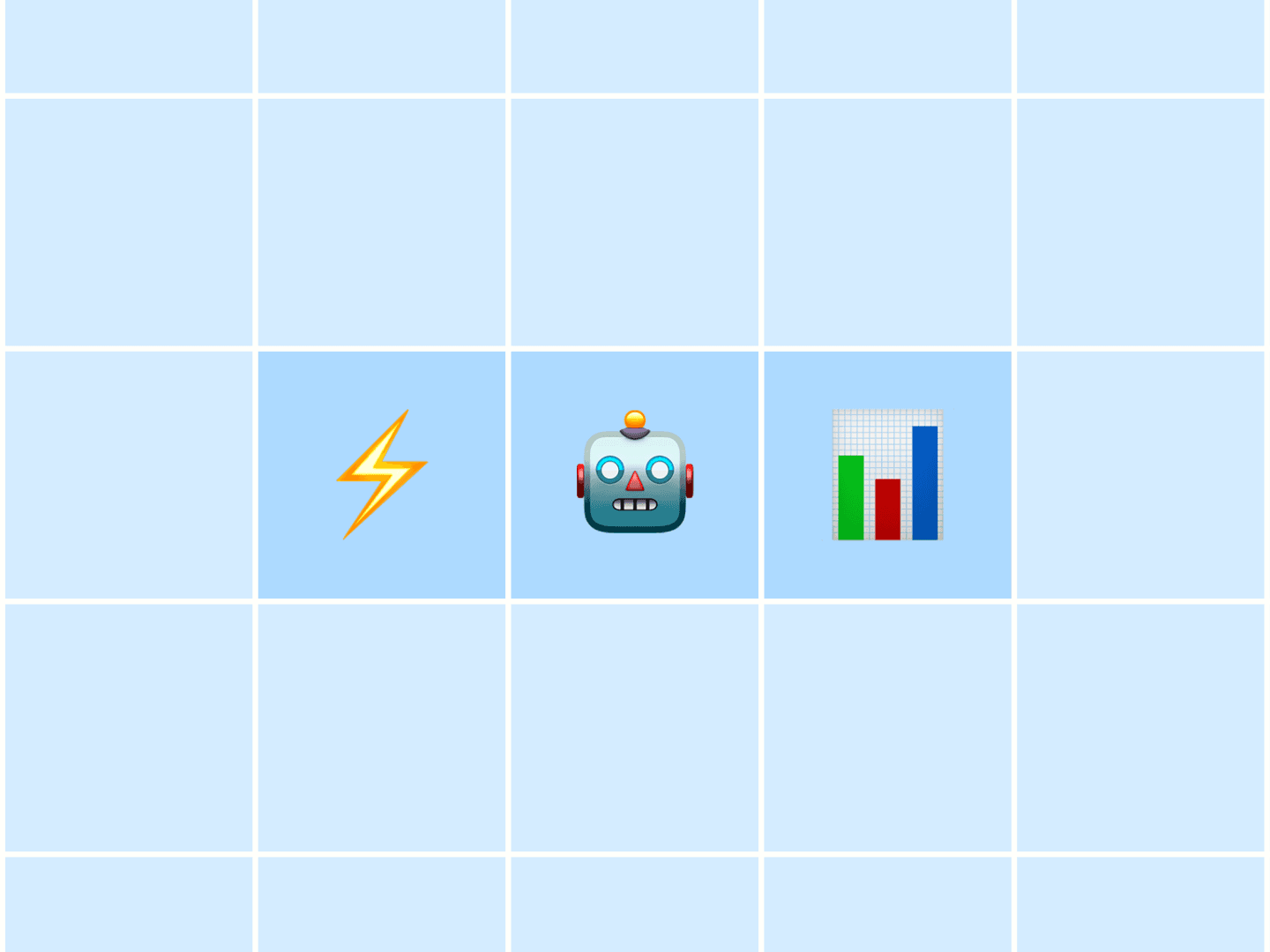This is the 7th article in our new series with advice on building a business, company culture and life-hacking from Joel, CEO here at Buffer. You can grab all posts here.
“Work harder on yourself than you do on your job.” – Jim Rohn
A long time ago, I came across the amazing quote above, which was said often by Jim Rohn. It stook in my mind, and as the years have gone on, I feel I’ve increasingly started to learn the true meaning of it.
I feel that in a startup, the quote is even more relevant. Here are some of the reasons I’ve discovered that tell me that you may want to seriously consider working harder on yourself than you do on your startup:
It usually takes a few tries
I certainly hope you do things better and faster than I have, and I know people far smarter than me building kickass products, but looking back and joining the dots of my own journey it is interesting to recall the number of different projects and startups I’ve started before hitting something that has worked.
Unfortunately, the Internet is literally littered with my previous startup attempts, and it has taken me many tries and many years before I started Buffer and have started to have some success.
For that reason, I think it’s not a smart approach to put all your eggs in the “current startup” basket. Instead, it’s good to work on yourself.
Be open, vocal, and build your network
Looking back, one of the things that has helped me the most when starting Buffer was the fact that during the year and a half I was working on my previous startup, I was consistently sharing my progress via Twitter, Facebook and blogging.
Many ask how I drove the initial traction to the product-less MVP of Buffer. The truth is, I was rather lucky. As a result of being open and quite vocal about startups and my learnings, I had reached a total of 1700 followers on Twitter, and a few on other platforms too. Since the initial target user of Buffer was a Twitter user, this was a great channel for me.
Whether your case is as good a fit as it was for me with Buffer or not, you can still benefit by having a personal Twitter profile and sharing your progress frequently. In addition to the “launchpad” effect at the start of Buffer, I now believe that with just over 6,500 followers (and since I wrote this originally to over 27,000 today) I have an amount of credibility which can help to put me in the lucky position to speak at events and connect with people I couldn’t otherwise.
Do activities to improve all aspects of yourself
Of course, sharing your progress on social networks is just a one of the things you can do to improve yourself.
I think that working on these other aspects of yourself can also help you to have a much better chance of succeeding with a current or future startup:
Marketing and blogging
If you’re a coder, you should definitely try attempting to get press for your startup and blogging, or at least pay keen attention to the marketer on your team. It’s an invaluable skill to be able to communicate clearly and hustle your startup to be featured by press. This personal blog is something that has brought me far more benefits than I originally realised it would.
Coding and technical skills
Whether you’re a long-time coder and you hack away on open source projects in addition to the startup, or you’re the marketer and you start to dabble in code, improving understanding and skills on the technical side of a startup are a massive win if you start something by yourself. Whilst researching my previous post on Kevin Systrom of Instagram, I was surprised to see how his activities leading to starting Instagram shaped him to be both a phenomenal marketer as well as very able engineer. This is even more relevant in these current times, since Andrew Chen has clearly highlighted the immense power of a “Growth Hacker” who is both a marketer and an engineer.
Exercise and paying attention to your body
I have quite a rigid schedule and a number of rituals to help me both get great consistent sleep, and also to exercise daily. Working on myself in this way means I am super happy a lot of the time, and this very directly converts into productivity when I’m hacking away on Buffer or positivity and enthusiasm when I’m in an important meeting. In addition to these benefits, having a few different things I can “win at” each day means I always have a great day.
Speaking and mentoring
I’ve recently increased the amount of speaking I’m doing, and each time it becomes much easier. I’m not the kind of person who naturally loves to speak, so it’s been an amazing experience to become more comfortable with doing it.
As well as speaking, I’ve been offering help to local startups here in Hong Kong to talk about validating their idea, gaining traction, fundraising timing and strategy, scaling and other interesting topics. It’s been amazing to widen my viewpoint of the different challenges people face, and also to be in touch with many super smart people. This is outside of the normal startup work, but I have no doubt it benefits Buffer in many ways.
If you want to ask me a question via email or jump on a Skype call, I’d love to hear from you.
Are you working harder on yourself than your startup?
When you’re doing a startup, or working a great job, it’s often hard to separate life and work. Therefore, why not work away on yourself just like you do on your startup or job? Plan the necessary disengagement from the startup just as carefully as you’d plan the time you work on it. If you can systematically improve and expand your skills, then whether this one works out or not, you’ll always be in an increasingly better position as the weeks and months pass.
In what ways are you working hard on yourself? I’d love to hear from you in the comments!
P.S. If you liked this post, you might also like “How to name your startup” and “The Habits of Successful People: Thinking in Ratios“.
Photo credit: Pandiyan V
Try Buffer for free
190,000+ creators, small businesses, and marketers use Buffer to grow their audiences every month.



